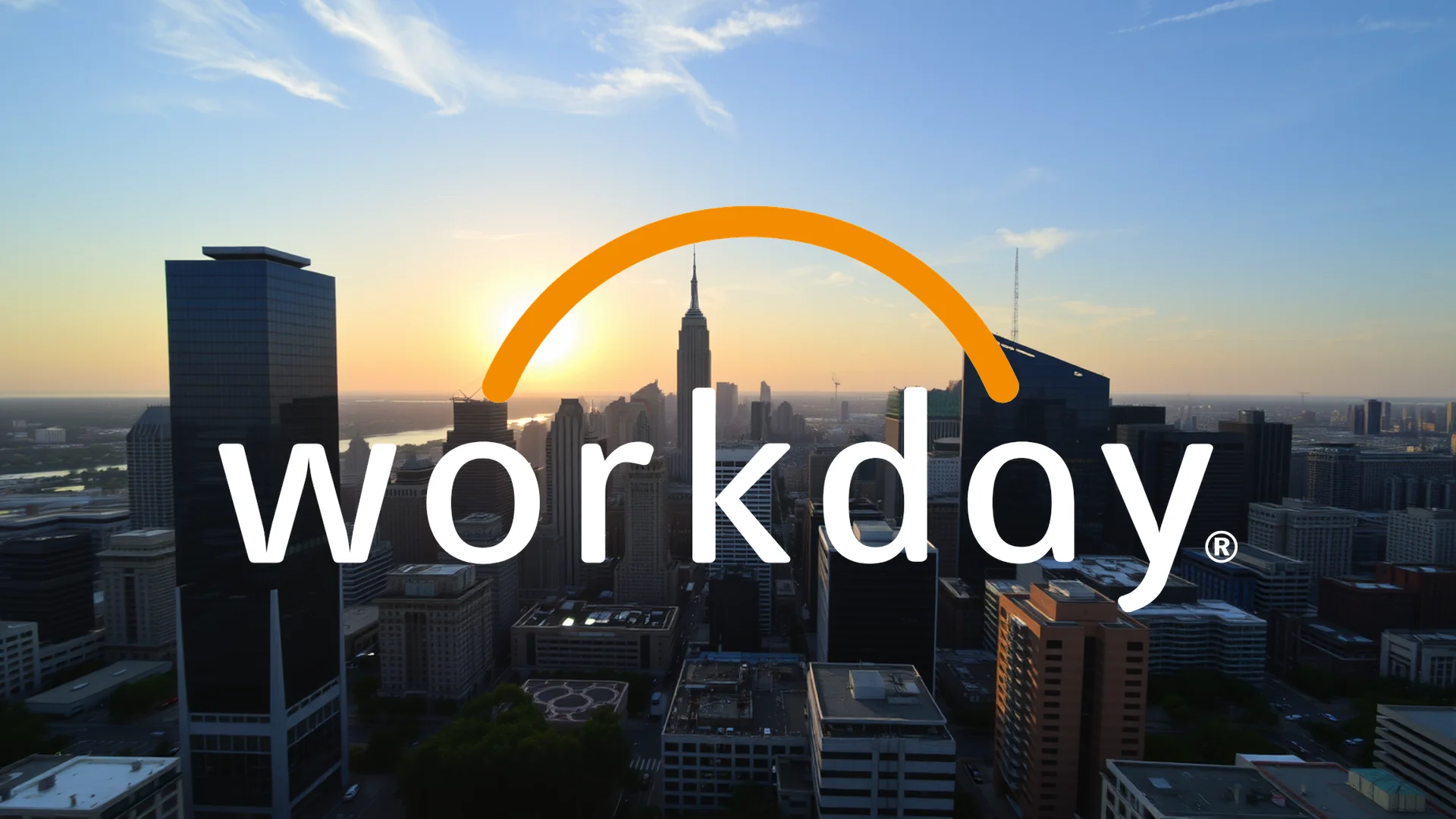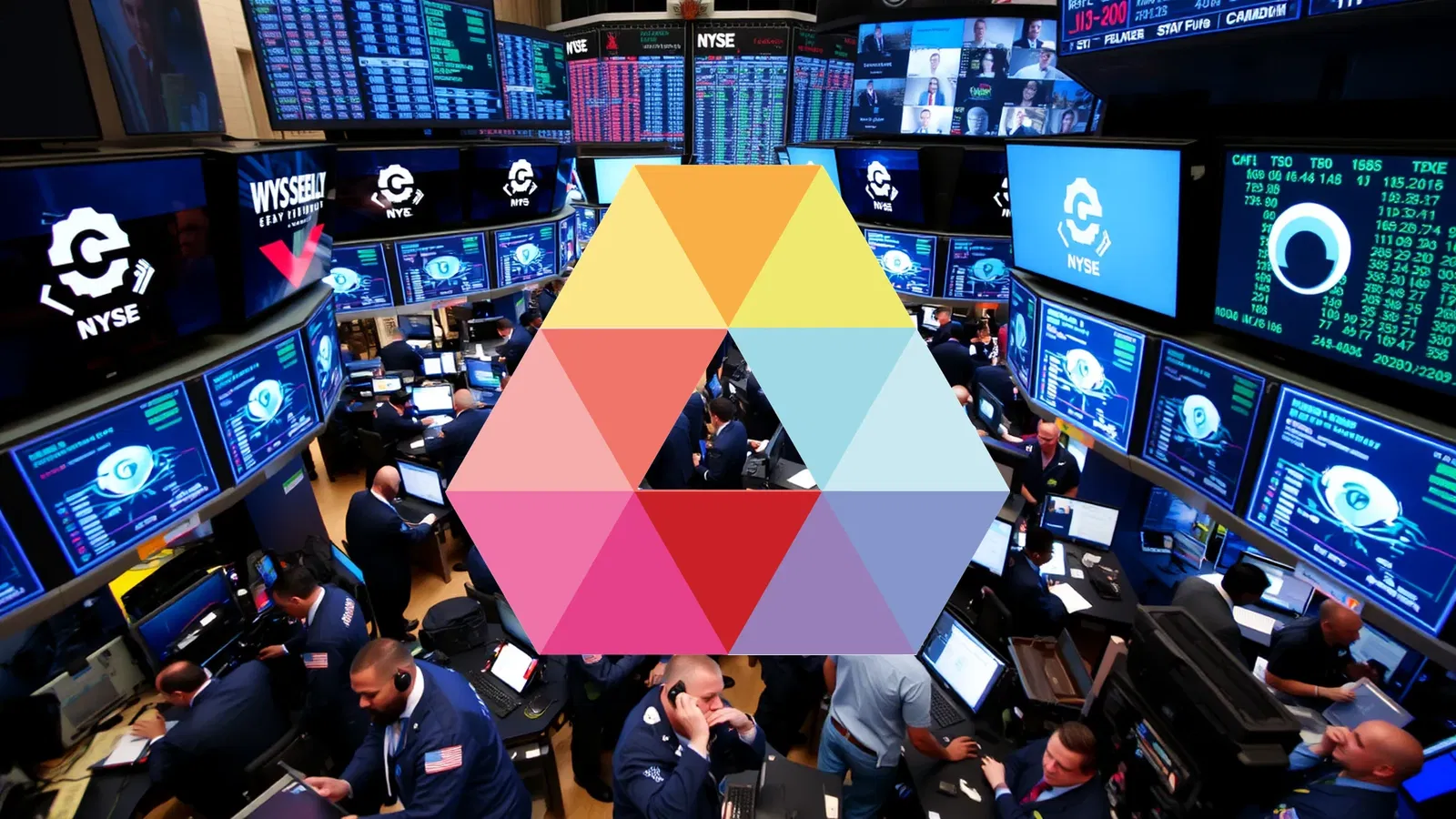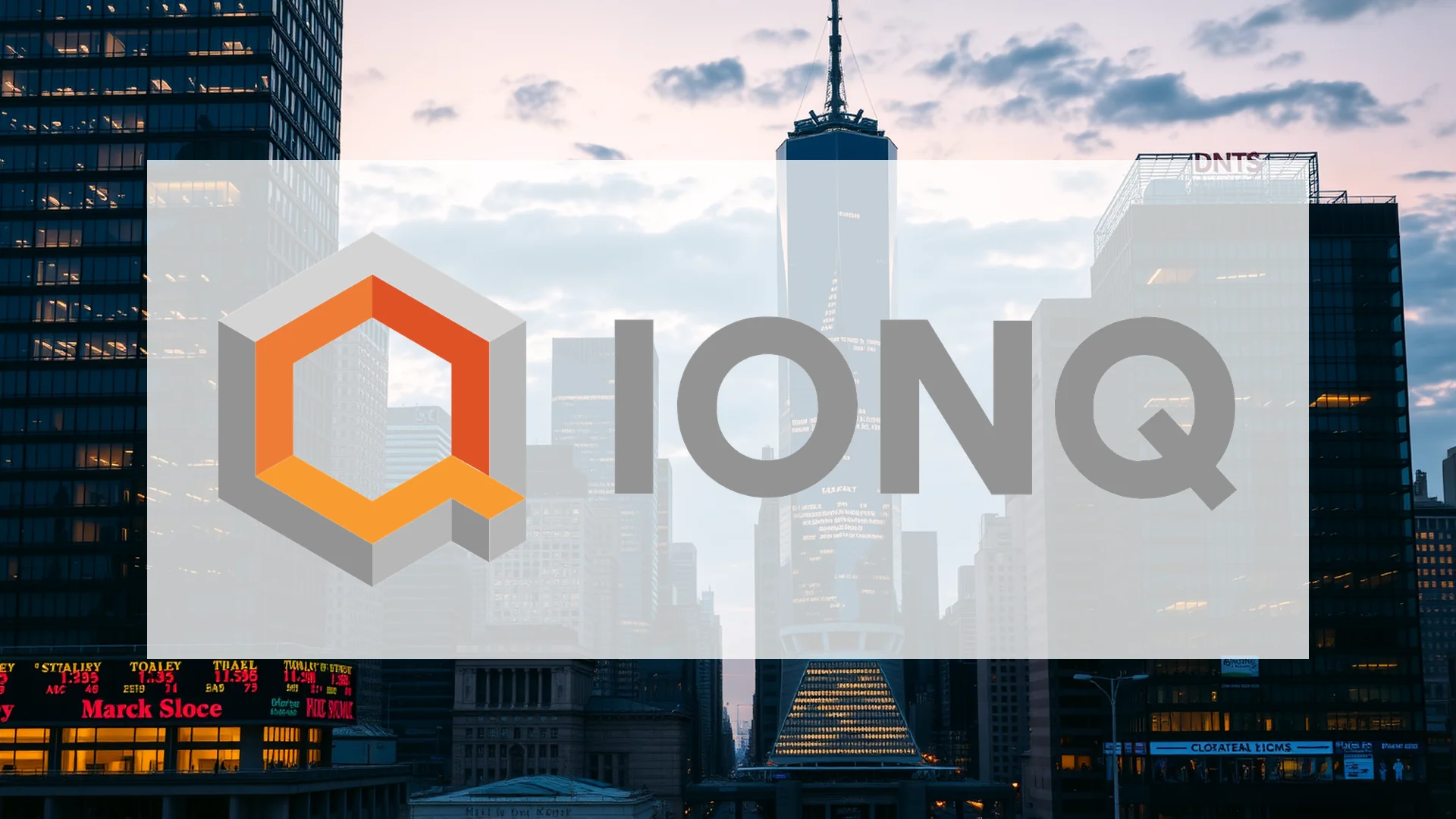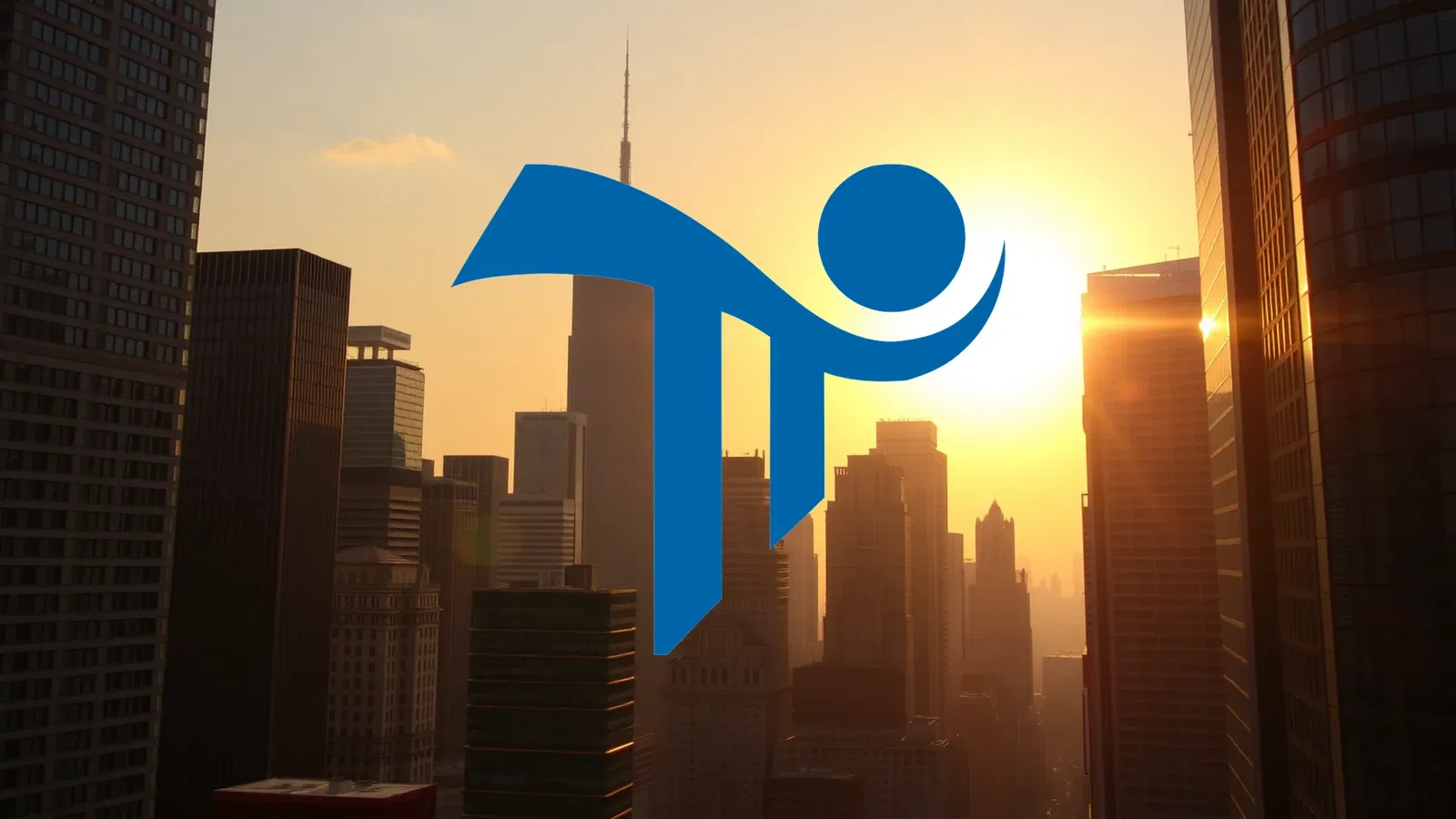The battle for cloud supremacy is increasingly being fought with artificial intelligence as the primary weapon. Workday has made a decisive move in this arena through a strategic acquisition, positioning itself at the forefront of AI-powered enterprise solutions. Despite this aggressive positioning, market participants question whether the software specialist can reverse its recent downward trajectory.
Financial Foundation Supports Growth Initiatives
Workday maintains a robust financial position characterized by more cash reserves than debt, providing substantial flexibility for strategic investments in high-growth areas like artificial intelligence and automation. This financial health becomes particularly relevant as the company accelerates its AI initiatives.
Recent fundamental metrics demonstrate compelling strength: Earnings estimates for the current year have been revised upward by 0.6% over the past 30 days. More impressively, the projected EPS growth rate of 21.1% for this year surpasses the industry average of 20.6%. Cash flow has expanded by a substantial 83.8% year-over-year, dramatically outperforming the negative industry average of -17.5%.
This financial performance has captured the attention of significant market players, including activist investor Elliott Management, which recently disclosed a $2 billion investment in Workday.
Acquisition Strategy Targets HR Technology
Workday has finalized its purchase of Paradox, a conversational AI platform specializing in recruitment functions. This strategic maneuver aims to significantly enhance the company’s talent acquisition capabilities while expanding its portfolio of AI agents. The integration plan focuses on creating a unified, AI-powered recruiting suite that directly challenges conventional HR solutions.
Should investors sell immediately? Or is it worth buying Workday?
Market researchers have responded positively to these developments despite challenging equity market conditions. RBC Capital maintained its “Outperform” rating while substantially raising its price target to $340. BMO Capital similarly reaffirmed its “Outperform” rating with a $285 price objective. Cantor Fitzgerald emphasized Workday’s competitive advantage in enterprise AI adoption, particularly highlighting its central role in managing HR and financial data.
Nevertheless, some caution persists among analysts. DA Davidson increased its price target to $260 but maintained a “Neutral” stance. Stifel continues to recommend “Hold” with a $255 price target. The overall consensus among market experts leans toward “Buy,” with an average price target of $287.83.
Market Performance Questions Remain
Despite encouraging fundamental data and analyst support, Workday shares continue to navigate a difficult market environment. Recent weakness has pulled the stock significantly below its previous highs. The critical question remains whether the company’s AI strategy and solid growth metrics will ultimately convince hesitant investors.
The convergence of strategic AI initiatives, strong financial positioning, and activist investor involvement presents a compelling narrative. However, market response has been measured thus far. Whether Workday can successfully reverse its downward trend or whether the recovery will remain elusive represents the central uncertainty facing current and prospective shareholders.
Ad
Workday Stock: Buy or Sell?! New Workday Analysis from February 8 delivers the answer:
The latest Workday figures speak for themselves: Urgent action needed for Workday investors. Is it worth buying or should you sell? Find out what to do now in the current free analysis from February 8.
Workday: Buy or sell? Read more here...










